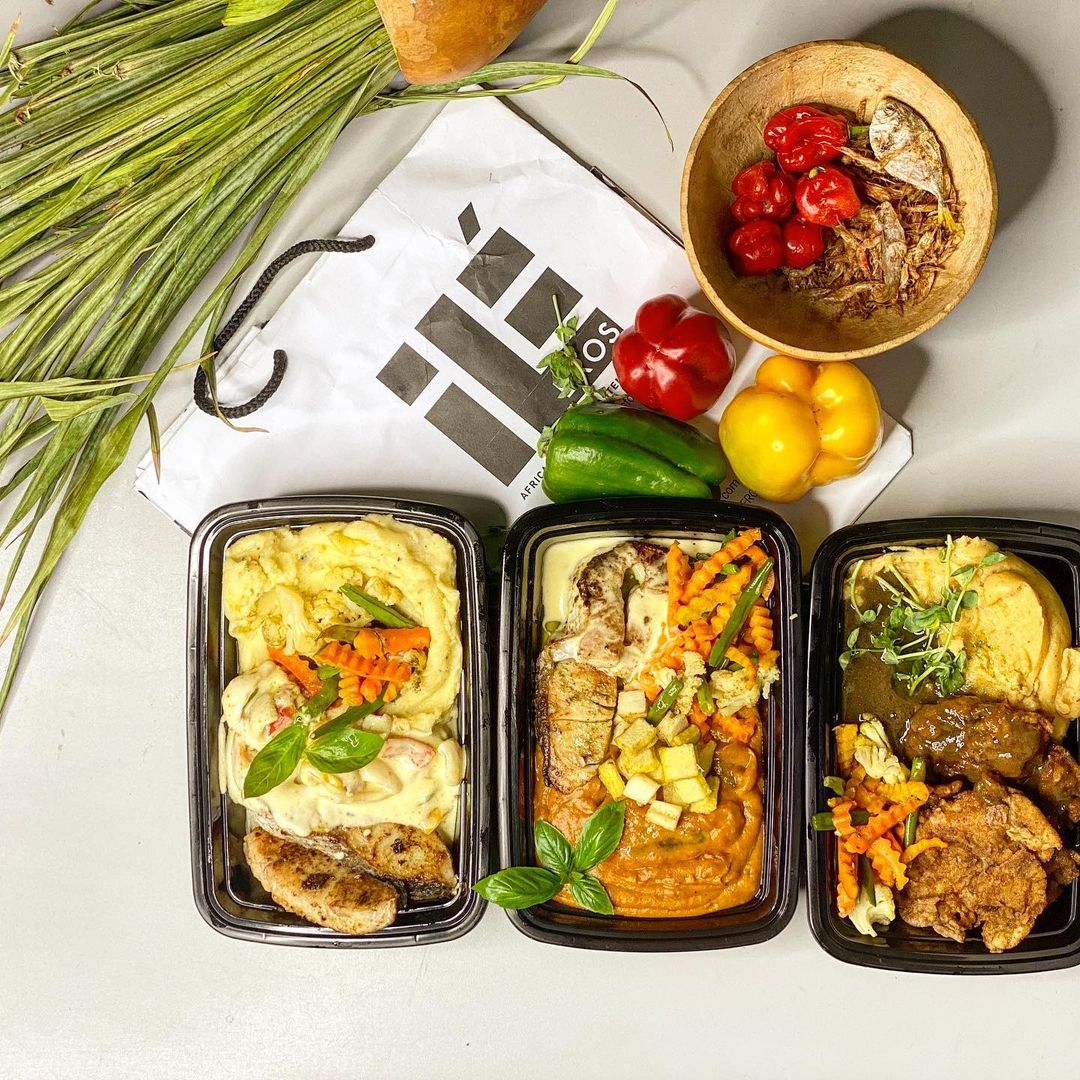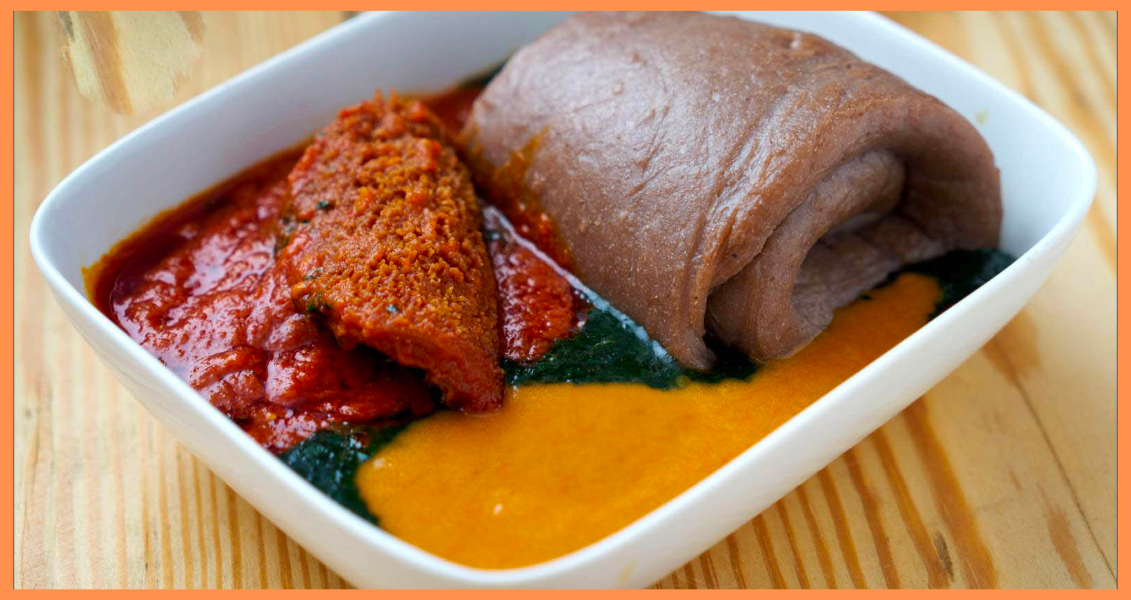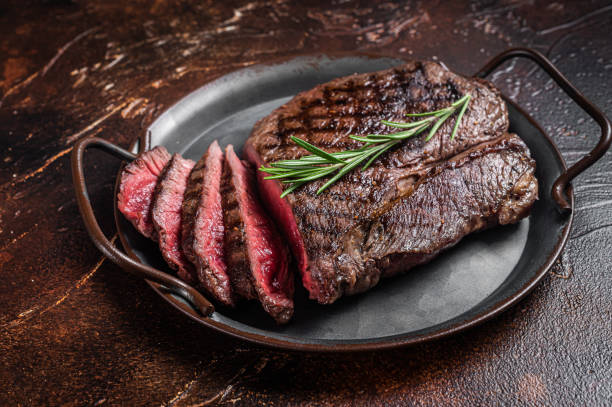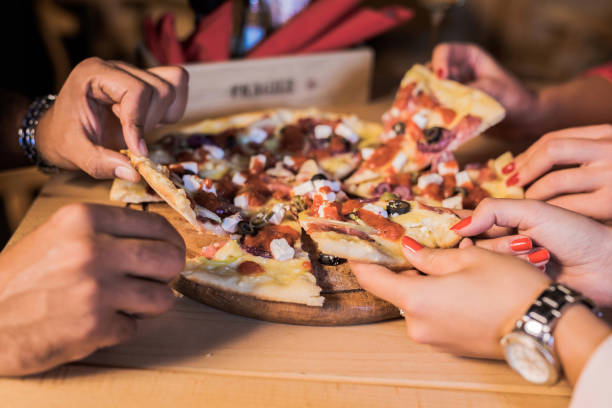In today’s sustainability-focused world, minimising food waste is crucial for both households and businesses. Beyond environmental benefits, reducing food waste saves money and encourages mindful cooking and consumption. This issue is significant in the restaurant industry too. However, some restaurants are finding innovative ways to cut waste and costs. We’ll explore four restaurants with unique approaches, from menu planning to community involvement, demonstrating how being mindful of food can benefit both the planet and profits. Join us as we discover simple yet effective strategies for reducing waste and increasing revenue. Say goodbye to wasted food as we learn together how to transform leftovers into delicious meals and create more sustainable kitchens.
Sooyah Bistro(Akindoju Abiola)
We prioritise sustainable sourcing by seeking local and seasonal ingredients to reduce spoilage during transportation and storage. Building relationships with local farmers and suppliers is a key aspect of our sourcing strategy. Secondly, we ensure our staff are well trained in waste reduction techniques and emphasise the importance of minimising food waste at every stage of preparation and service.
Finally, we’ve invested in kitchen technology like smart scales, timers, and temperature monitors to ensure cooking and minimise food spoilage.

Food Court(E.A Harry)
First I have implemented a process called order less but more frequent. This process enables us to only order items that are needed to facilitate daily operations within a shorter period simply because most of our items are perishables and perishables have a shorter shelf life.

Do Bowls(Nnenna)
We only buy what we need. Leftover food in perfect condition is eaten by staff over the weekend. The Head Chef uses leftovers to create ideas for the new menu, we store food properly.
In getting creative with leftovers, incorporate them into future meals. Get creative with leftover ingredients by transforming them into new dishes or adding them to soups, salads, or sandwiches. Leftover vegetables can be roasted and tossed with pasta, while leftover rice and stew can be turned into flavorful party jollof rice. The more creative you get with food, the more likely you are to avoid waste.

Triple 9 Apartments, Pool and Spa( Victoria Agbara)
Automated stock management, standardized portioning, FIFO(First In, First Out), purchasing perishables frequently and in smaller quantities.
In practising FIFO, arrange items so that older products are placed in front and newer ones are placed behind. This ensures that you use up older ingredients before they expire, reducing the likelihood of food waste. You could take a mental note of the expiry date of your food items especially processed foods so you get to use them before they expire.

Finally, To reduce food waste one effective means remains the Composting of food scraps. Yes! You heard right, compost food scraps. Despite our best efforts, some food waste is inevitable. Instead of throwing it in the trash, consider starting a compost bin in your backyard or using a countertop composting system. Composting reduces landfill waste and produces nutrient-rich soil filled with natural manure that can be used to fertilise plants in your garden.
In the end, reducing food waste isn’t just about cleaning out our fridges or saving a few bucks—it’s about positively impacting our world. The stories of these four restaurants serve as compelling examples of how innovation, dedication, and a commitment to sustainability can transform kitchen operations while simultaneously bolstering financial health. From prioritizing sustainable sourcing and implementing staff training programs to embracing cutting-edge kitchen technology, each establishment has demonstrated that reducing food waste is not only achievable but also economically advantageous. When we waste less food, we’re helping the environment by reducing greenhouse gas emissions from rotting food in landfills and saving money that could be better spent elsewhere.
By following the simple yet effective strategies outlined in this article, we’re not just changing our habits; we’re changing our mindset towards food. We’re learning to appreciate the value of what we have and finding creative ways to make the most of it. Most importantly, we’re contributing to a healthier planet for generations to come.

















